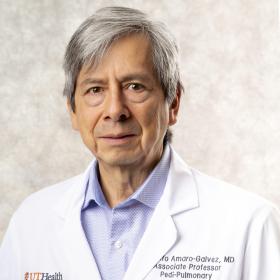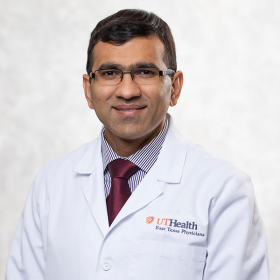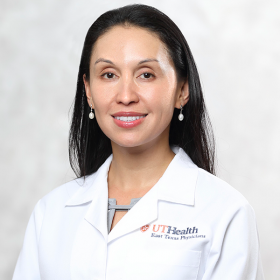
Parasomnias are episodes of atypical and often undesirable behavior or activity that occur during sleep. They are known to disrupt sleep, cause a person to act unpredictably during sleep, and can be difficult to manage for the sufferer and their bed partner.
Examples of parasomnias are:
- Night terrors
- Sleepwalking and sleep talking
- Confusional arousals
- Nightmare disorder
- REM sleep behavior disorder
Night terrors
Night terrors, otherwise referred to as sleep terrors, are intense episodes of abrupt disturbance from sleep where a person often sits up in bed and appears upset, often crying out. During a night terror, a person may appear unresponsive, confused, disoriented, and may be difficult to console or calm. Night terrors are not caused by nightmares or dreaming, occur during NREM stage-3 sleep, usually during the first third of their sleep period.
Sleepwalking
Sleepwalking often involves a person getting out of bed while still asleep and unresponsive, walking around and acting unpredictably. Sleepwalkers may perform tasks, speak, shout, and act out of character. They may carry on full conversations and speak in nonsense, act crudely or in a strange manner. Episodes of sleepwalking occur during NREM stage-3 sleep, usually during the first third of the sleep period. The patient is still asleep but may appear awake with a confused or “glassy” stare. Sleepwalkers typically have no memory of these events.
Episodes of sleepwalking can be dangerous or problematic at times. Particularly when the sufferer is violent, hostile, behaves inappropriately, attempts to leave the safety of their home or operate a vehicle. Support from bed partner and family members is critical for management of sleepwalking and ensuring the safety of the sleepwalker.
Sleep talking
Sleep talking, also called “somniloguy”, is very common and involves frequent episodes of talking during sleep. Talking during sleep can occur during any stage of sleep, at any time during the sleep period. Speech may be filled with nonsense, difficult to understand, and may be barely audible or very loud. Sleep talking is relatively common and no cause for concern, but in some cases, can be a symptom of an underlying sleep disorder.
Confusional arousals
Confusional arousals are episodes of confusion and disorientation after any awakening from sleep. They may involve sleepwalking, sleep talking, teeth grinding, and an absent or “glassy” stare. Confusional arousals are very common in children, but are known to occur in adults as well. Like sleepwalking, confusional arousals occur during NREM stage-3 sleep, usually during the first third of the sleep period after an awakening from sleep, with the person having no memory of the event afterwards.
Nightmare disorder
Nightmare disorder involves frequent nightmares that cause awakenings and disrupt sleep regularly. Nightmares are frightening or disturbing dreams that occur during REM sleep. They can occur at any time during the sleep period, as a person may have multiple REM periods throughout the night.
Frequent nightmares can significantly disrupt sleep by causing abrupt awakenings, insomnia following the episode or insomnia at bedtime related to anxiety caused by the possibility of nightmares.
REM sleep behavior disorder
REM sleep behavior disorder (RBD) occurs when a person acts out their vivid dreams during REM sleep. Those afflicted with RBD may act out violently and aggressively during sleep, which can be dangerous and cause injury to a bed partner. Episodes can occur at any time during the sleep period, as a person may have multiple REM periods throughout the night. This disorder is most common in men over the age of 50 and is often associated with an underlying neurological disorder such as Parkinsonism or dementia.
If you are suffering from a sleep disorder, ask to be referred to UT Health East Texas by your physician or call 903-531-8079 to begin the referral process.




